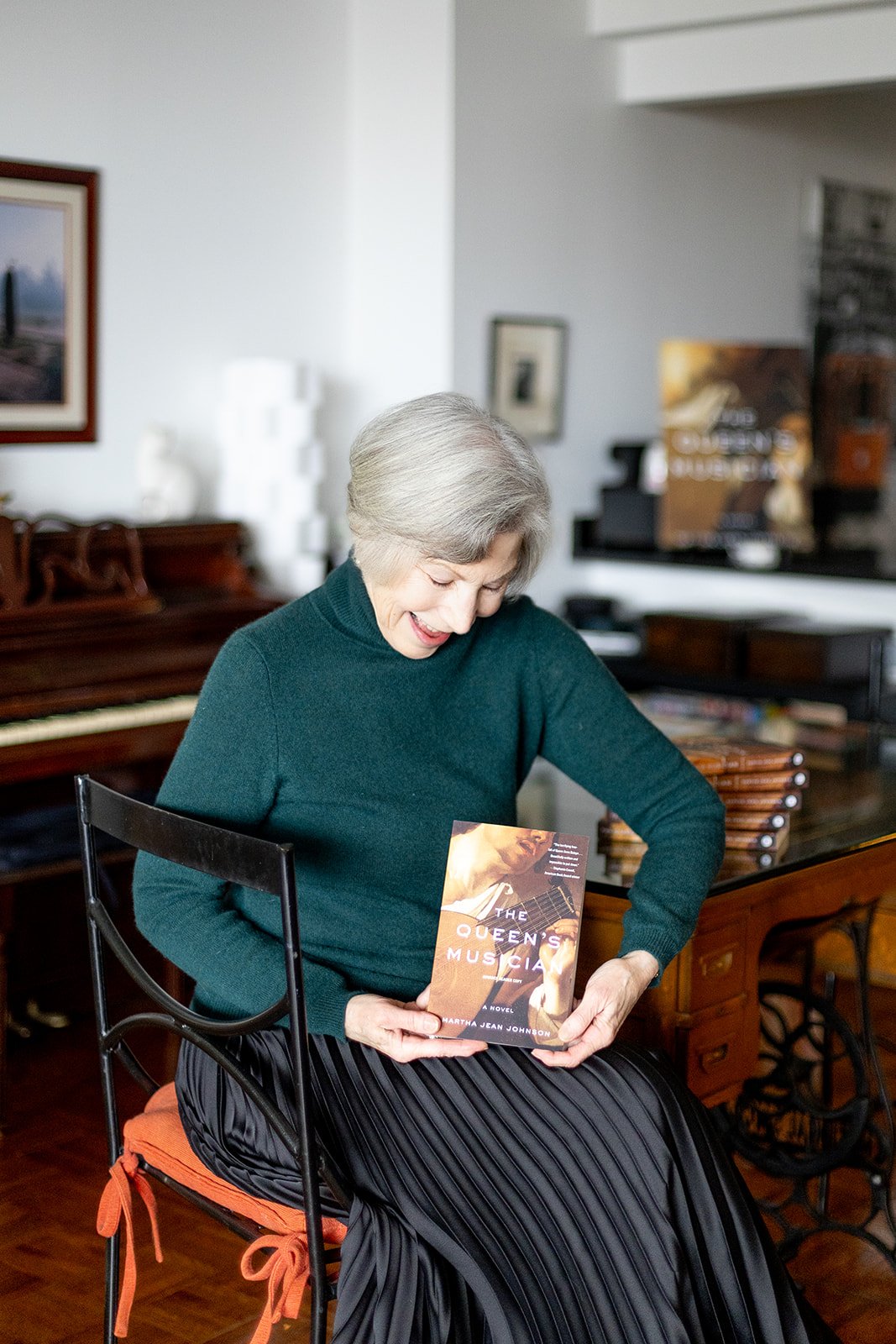Book Club Questions
AFTER YOU FINISH
BOOK CLUBS: Please contact me through the web site if you’re interested in having me Zoom in to speak with your group. It would be a pleasure.
Feel free to choose the questions that interest you most.
The Queen’s Musician takes place during the Tudor era. How acquainted were you with the Tudors before you began this book?
Have you read other novels or seen movies or TV programs set in this era? Do you have a favorite? What did you enjoy about it?
How familiar were you with Anne Boleyn’s story before you began? Had you heard of Mark Smeaton? How did your starting point affect your reactions as you read the novel?
This novel features two storytellers: Mark Smeaton and Madge Shelton. What are the key differences in their backgrounds and perspectives? Do you see any similarities in their personalities, beliefs, and values?
How would you describe Henry VIII as he appears in this novel? What about Anne Boleyn?
Historians, novelists, playwrights, and moviemakers have described Henry VIII and Anne Boleyn in diverse ways. Are the depictions in this book similar to or different from those you’ve encountered elsewhere?
Both Mark and Madge observe Anne Boleyn’s astonishing rise and fall. Did the queen’s character and personality contribute to her ruin, or do you think any woman in her circumstances would have met a similar end?
Cromwell accuses Mark of crimes he did not commit. Is there any way Mark could have avoided what happened to him? Did he make any mistakes, either large or small?
Do you have a favorite among the other four men convicted and executed along with Mark? Which one and why?
What about the other secondary characters? Did any of them draw your particular attention? Which ones?
Mark and Madge lived in a society with rigid class boundaries. How did these strict social rules affect each of them?
Gossip and rumor were commonplace in Henry VIII’s court. What role did rumormongering play in the novel? Which characters suffered most from it?
Do you see any similarities between the politics of the Tudor court and our own politics today? If so, what are they? What are the clearest differences between then and now?
Do you think there is a moral or lesson to this story? If so, how would you describe it?
